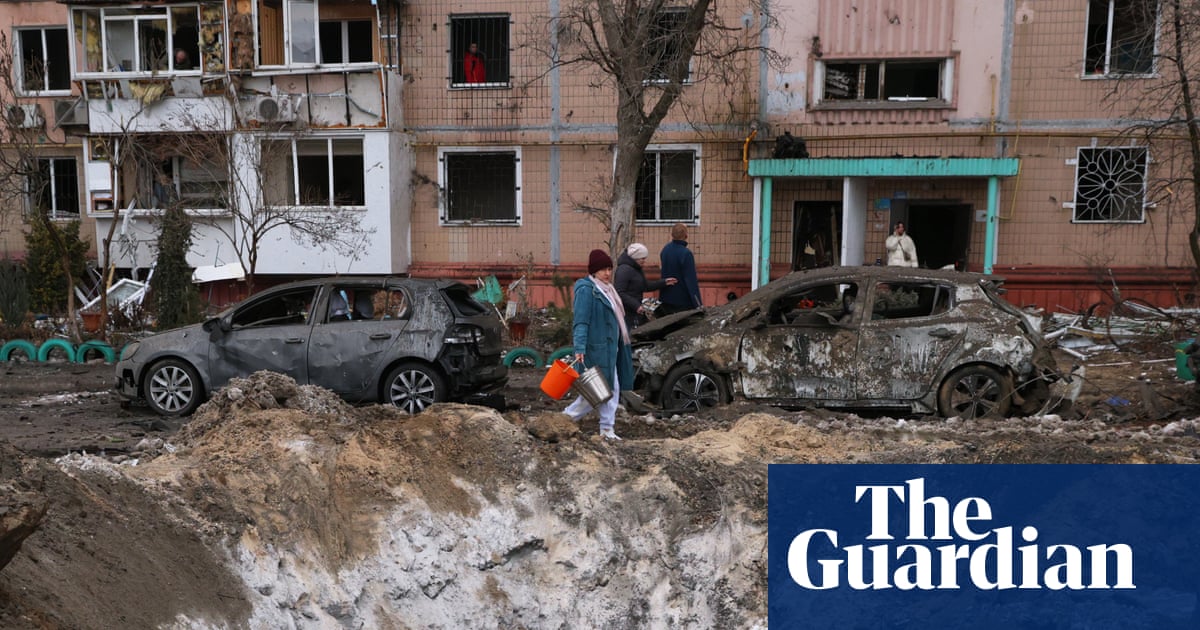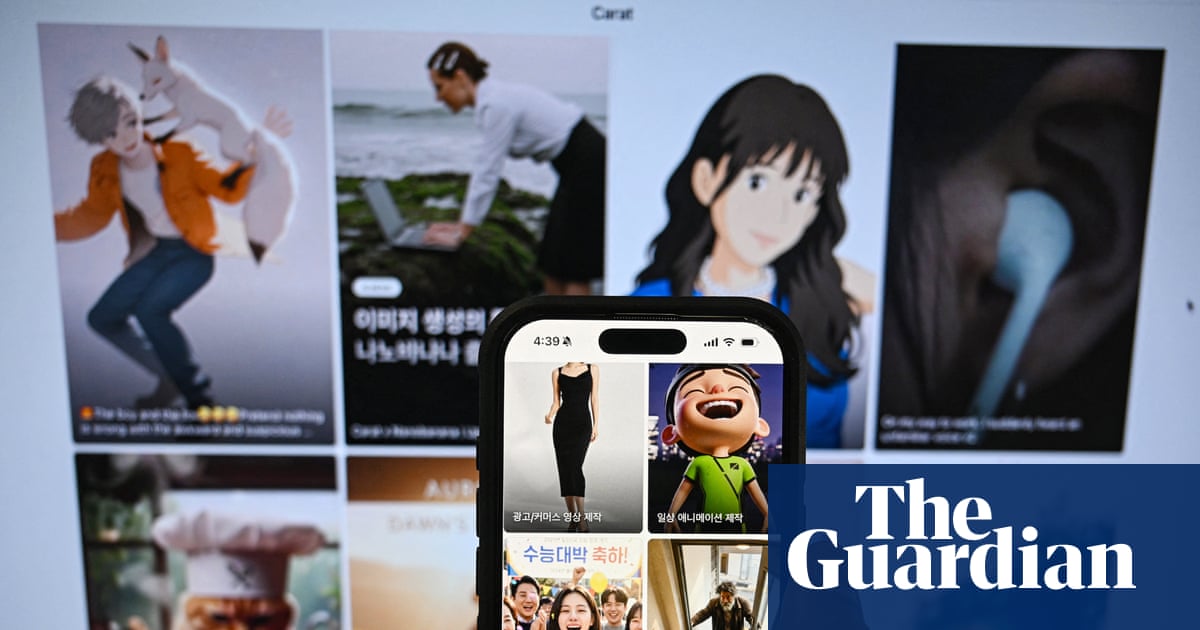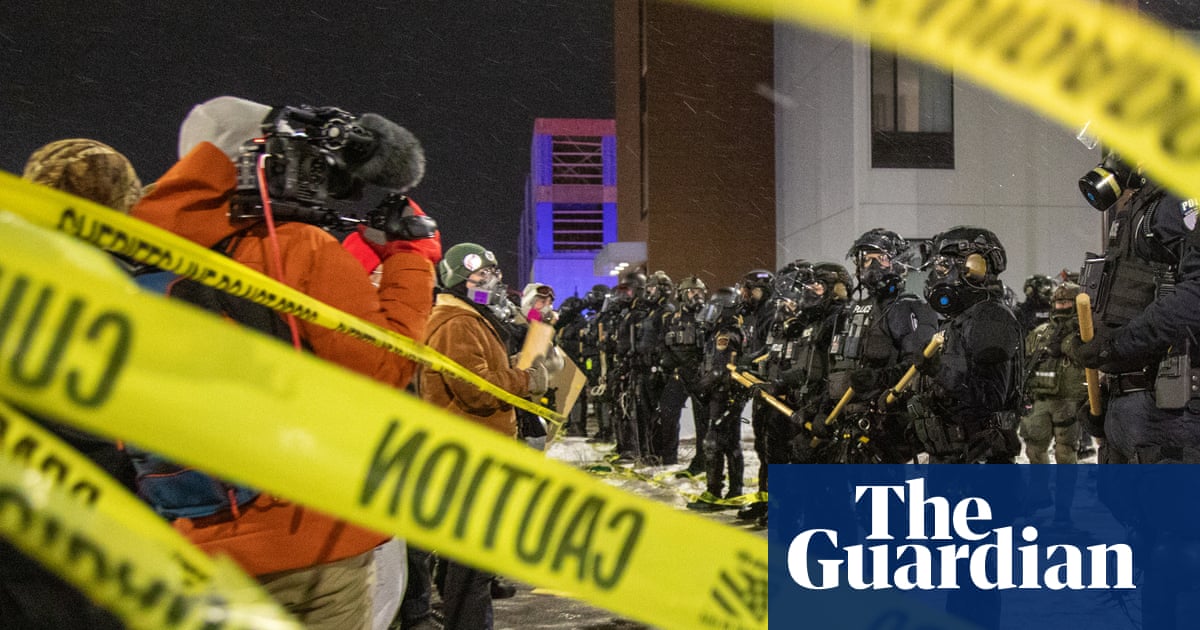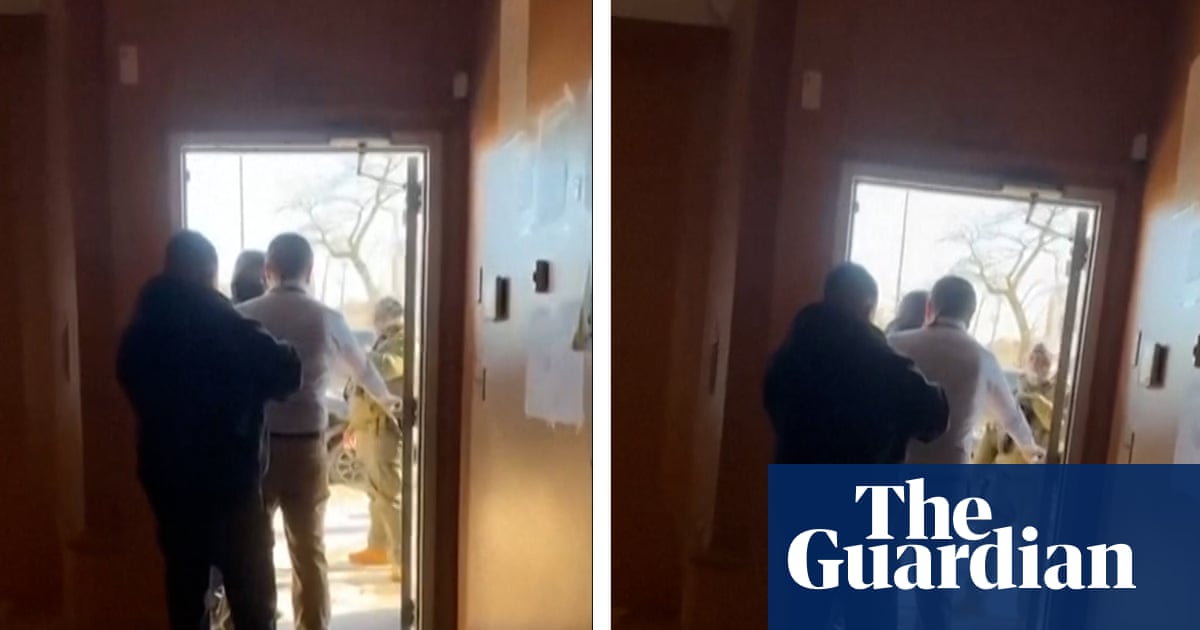Sleeping with a passport by your pillow. Bringing a birth certificate to soccer practice. Avoiding large gatherings and crowds. Grocery shopping for relatives too afraid to go outside.
These are some of the ways that US citizens and permanent residents of color have altered how they move through the world as widespread immigration raids create a pervasive climate of fear.
While racial profiling has long been a fixture of US law and immigration enforcement, the feeling that anyone could be targeted for the way they look or the language they speak has become acute in recent months.
In September, the supreme court’s conservative majority sided against Los Angeles area plaintiffs who said “roving” immigration patrols were violating their fourth amendment rights by stopping people on the basis of race, language, employment or location. Critics say the ruling effectively “legalized racial profiling”.
Following that ruling, we asked US citizens and permanent residents of color if they had made changes to their day-to-day lives for fear of being stopped or detained. We received more than 200 responses.
“I feel very anxious when I go out,” said Ana, a recent college graduate from Illinois who asked to be identified just by her first name. “The possibility of me being racially profiled and detained is scary … The reality that some of my family members, who aren’t US citizens and aren’t criminals, can get detained due to racial profiling, is scarier.”
The 22-year-old has taken on extra responsibilities so family members who don’t have legal status can avoid public spaces. She carries her real ID and a copy of her passport when she does the grocery shopping and errands for her family. When she takes her brother to soccer practice or games, she carries his birth certificate too.
“I am in the process of going through job interviews, and I am afraid I won’t be able to keep doing this when I get a job. And that scares me.”
Javier Lopez lives in Boyle Heights, a majority-Latino neighborhood in Los Angeles that has been one of the key targets of the roving Ice patrols. “It’s such a disgrace and disappointment for this country,” he said of the situation in his home city.
“It’s unbelievable seeing ICE agents roaming around east Los Angeles and making pit stops at any taco stand and kidnapping people with such ease. In all my 32 years of living here, I wouldn’t have imagined that these racist raids would be happening.”
Javier’s parents have been permanent residents for over 10 years. But he says he won’t let them leave the house alone any more because they don’t speak English well, and could be stopped and detained by Immigration and Customs Enforcement because of it.
The supreme court case was brought by Latine defendants from LA, however, respondents who spoke to the Guardian had a variety of different backgrounds, ethnicities and prior experiences with racial profiling. Most people said they now carry advanced forms of identification on them everywhere they go.
“Now I keep my real ID and USA passport card on my person at all times, even when I’m using the bathroom. They are within arms reach when I’m sleeping,” said an IT professional from California and naturalized US citizen who asked that we not use his real name. “I’m not sure it’s enough.”
He said immigration enforcement under Trump was also reminiscent of the policies and discrimination that he experienced after 9/11 because of his Middle Eastern name. “Back then I was pulled over and searched multiple times due to my name and nothing else. I was kicked out of where I was living because of my name.”
Critics and advocates have dubbed the racially motivated ICE detainments “Kavanaugh stops”, after the supreme court justice Brett Kavanaugh asserted in a concurring opinion that people with legal status in the US will only be “briefly” questioned by immigration agents. However, extensive reporting by the Guardian and other outlets have shown the traumatizing tactics used by masked ICE and border patrol agents, including in the detention of US citizens and permanent residents.
“My spouse is also a naturalized citizen and Mexican, and he’s terrified to go to large events or really to go anywhere near to Los Angeles. Everyone in both of our families now keeps proof of citizenship or permanent residency on their person at all times. We’re all afraid of that inevitable ‘papers please’ moment.”
Another respondent from Georgia said her family has all their naturalization papers, should they need them, but has also gone as far as discussing plans of action if someone is detained.
“I’ve created a spreadsheet of allies that if anything happens to one of our family members, we can begin a sort of phone tree to get the word out and make a lot of noise around it. We have added location tracking apps to our phones and shared it with one another.”

A number of people emphasized the impact of racial profiling on the day-to-day lives of their entire families. One Louisiana woman, who identified herself as white, said she was “terrified” for her husband, who was born in Central America, and for her US-born son, adding that she no longer trusts local police because they have immigration enforcement agreements in place.
“I obsessively follow the news. I am hyper-alert to the presence of cops when driving, especially with them.” She added, “If we are robbed, I probably won’t be reporting it since I can’t trust what the sheriff will do if they come to my house.”
A handful of people were defiant in reaction to the supreme court ruling and the possibility of being racially profiled. One California woman decided to embrace Latinidad even more openly in public.
“I haven’t made any changes. The opposite!” Maria Castano, a naturalized citizen from Spain, said. The 67-year-old retired schoolteacher says she has also gotten involved with Indivisible, the non-profit organization which organizes No Kings protests across the country. “Now I listen to Spanish-speaking music only in the car with all windows open and I sing along.”

 3 months ago
52
3 months ago
52

















































